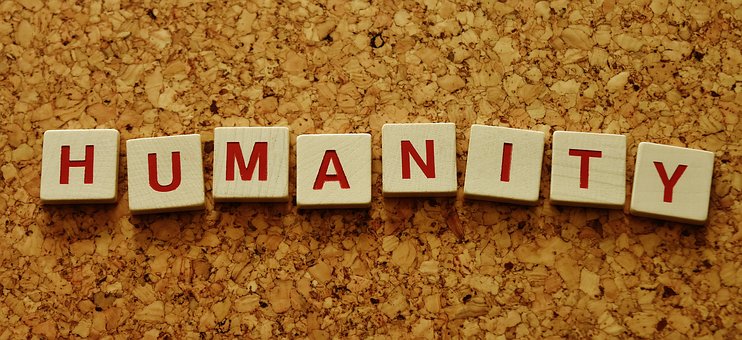It sounded like a really bizarre idea when I first articulated it to myself: the secular humanist’s idea of the Kingdom of Heaven on earth. This would be a world in which it is the widespread, open, and 90%-majority opinion (there will always be a few believers) that God and all related phenomena (angels, heaven) do not exist.
Religious prayer and ritual, orthodox/fundamentalist belief systems and schools of theology would be fringe phenomena, much like palmistry or philately. Religion would have no influence whatsoever on politics or education. Talk of God would have no place in the electoral process.
Yes, it’s bizarre, in view of current reality. But it is the secular humanist’s idea of the Kingdom of Heaven on earth. If other religions can strive for their idea of the Kingdom of Heaven on earth, so can we.
This is another reason why, as I have argued elsewhere, secular humanism deserves to be taken seriously as a religious option, right along with theistic religion. Unfortunately, the pendulum has swung too far in the theistic direction. I just heard another idiotic new presidential candidate announce that somehow he was going to bring God back into public life. I shuddered and lifted my middle finger to the TV set.
Could we really go back the other way?
(By the way, one more reason why secular humanism is a religion: it seeks to save us from hell. If people don’t give up this religious stuff, we’re going to keep killing each other over meaningless things like conflicting rituals or differing sacred texts and maybe even exterminate large numbers of each other. And perpetual religious conflict is truly hellish.)
But is this really possible? Here are a few preliminary answers about why the answer is yes:
(1) We are not asking for a major technical breakthrough that has never occurred before. We’re asking for something to happen inside people’s heads. In the past, major religious and secular movements have started by insignificant individuals and groups of people. Jesus had only 12 apostles, and he was by no means a major figure in the ancient world, as contemporary historical texts will attest.
Religion exists only in the human brain (and resultant behavior).
Human beings have proved nothing if not adaptable or, mal-adaptable as is typically the case.
Indeed, people have routinely been marshaled into orgies of violence, and for far more insane ideas than the one being advanced here: that they are all brothers and sisters.
It is science, not theistic religion, that proves that we are all family. We come from relatively few gene pools. The differences between us are infinitesimal. We need to stop letting the preachers of religious orthodoxy and fundamentalism make us abandon our wits and destroy each other in the name of meaningless differences in doctrine and mythology. It’s got to stop. But it all takes place in the mind, and nowhere else. That’s why it’s achievable.
(2) The recent concepts of “tipping point” and “critical mass.” It’s clear from many historical examples that once an idea’s time has come and the right people adopt it, you can gain momentum very quickly. When people see that the shedding of God and religious practice…and the abandonment of the intolerance and violence that results from differences in religious beliefs…could all lead to a better life here on earth, perhaps they will reconsider taking up an AK-47 against their neighbor.
So now we’ve defined a humanist’s Kingdom of Heaven on earth. And experience gives us a least two reasons why it’s possible.
(3) There’s a third reason: Humanists, too, have faith. They believe that, despite the lessons of history, we can abandon superstition and grow up, before we destroy ourselves. Their motto is “Humanity: We ain’t much, but we’re all we’ve got.”








